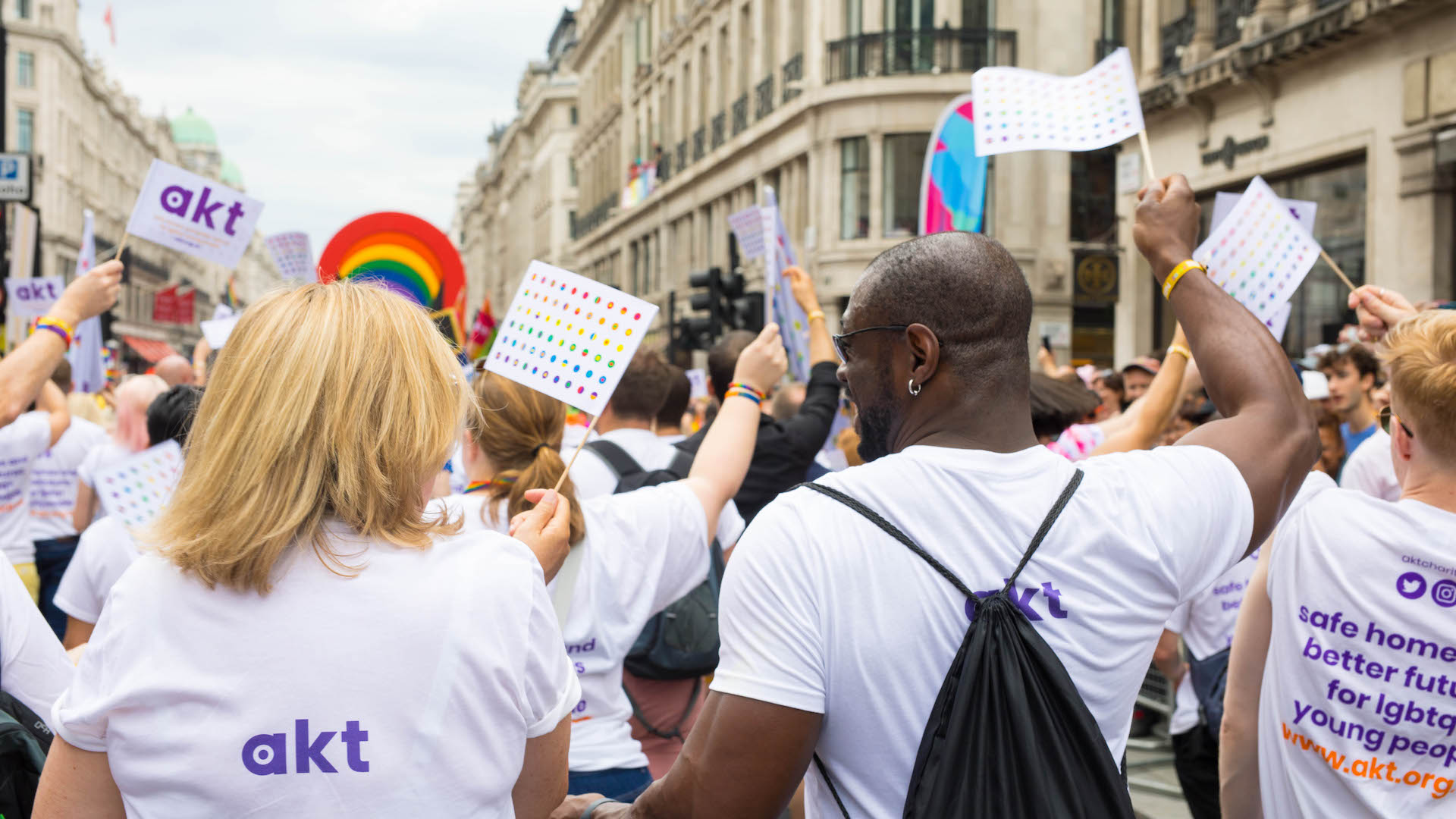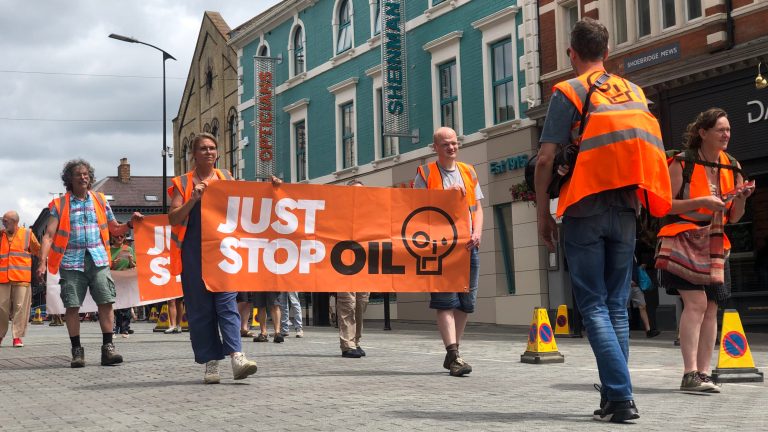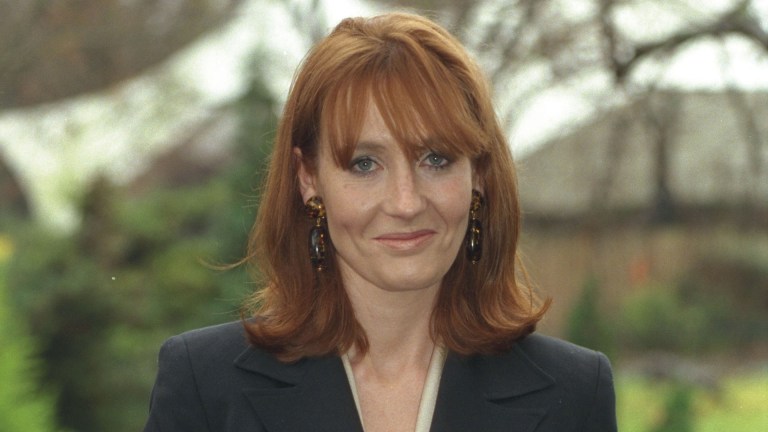The London LGBTIQA+ Community Housing Coalition (LLCHC) has launched a manifesto with seven key recommendations that, if followed, will significantly improve the life outcomes of London’s most disadvantaged LGBTIQA+ citizens.
The manifesto from the coalition – consisting of akt, Tonic, Stonewall, Stonewall Housing, the Outside Project, Microrainbow and Consortium – is underpinned by a recommendation for an LGBTIQA+ housing strategy.
This would specify the experiences of LGBTIQA+ Londoners to include their specific needs and the barriers faced. This intel can then be actioned by mainstream service providers. Interventions can be put in place to properly support LGBTIQA+ people.
A London-wide housing and support pathway for LGBTIQA+ people is another equally important recommendation from the manifesto.
It would see local authorities across London united by a common understanding of the drivers behind an LGBTIQA+ person’s homelessness and a recognition of and impetus to secure the specialist housing support required.
Advertising helps fund Big Issue’s mission to end poverty
Additionally, those frontline staff who are delivering the services would undergo training in LGBTIQA+ awareness.
This would encourage them to use inclusive language in the workplace and contextualise the issues that disproportionately impact LGBTIQA+ people: poor mental health, substance misuse and an increased risk of exposure to HIV for MSM (men who have sex with men).
Service providers who display knowledge around these areas signal to LGBTIQA+ people that they are in a safe, welcoming space, laying down the foundations of a trusting working relationship between both parties.
All seven of the recommendations outlined in the manifesto will help the next Mayor of London navigate homelessness in a post-Covid climate. However, should the Mayor choose not to implement them, we will see the issue of LGBTIQA+ homelessness rapidly deteriorate across the Capital.
LGBTIQA+ young people, refugees, and asylum seekers are among the most vulnerable in our society. Without outside intervention, many will feel compelled to continue engaging in increasingly risky behaviour for survival.
This includes partaking in risky casual sex to secure a bed for the night, sofa surfing in unsafe, insecure environments –from friend’s sofas to bus shelters – and sleeping rough, which leaves them liable to experiencing violence or exploitation.
Advertising helps fund Big Issue’s mission to end poverty
LGBTIQA+ people – particularly young people, refugees, asylum seekers, trans and people of colour – are particularly at risk of becoming ‘hidden homeless’. This means they fall under the radar of local authorities and are left out of official figures.
This lack of visibility and data keeps mainstream services, policy makers and funders in the dark about LGBTIQA+ homelessness, resulting in their neglecting the issue. This in turn results in support services not being set up to receive and adequately support LGBTIQA+ people.
This feeds back to the LGBTIQA+ community.
LGBTIQA+ people feel unable to seek out support services out of a fear of being judged, misunderstood, or scrutinised. According to a new, over half (59 per cent) of respondents faced some form of discrimination or harassment while accessing services.
A further one quarter (24 per cent) weren’t aware of any support services available to them at all. A lack of understanding around the trajectories of LGBTIQA+ people facing homelessness results in services lacking the intel on how to connect with this demographic.
It is only through partnership between the Mayor of London and community organisations that we can hope to end LGBTIQA+ homelessness in the capital. This manifesto leads with real, evidenced ways to improve a housing system which is failing to protect those most in need. No person should have to choose between a safe home and being who they are – let’s not make them.
Advertising helps fund Big Issue’s mission to end poverty
Bex Shorunke is a senior media officer at LGBTQ+ youth homelessness charity akt










